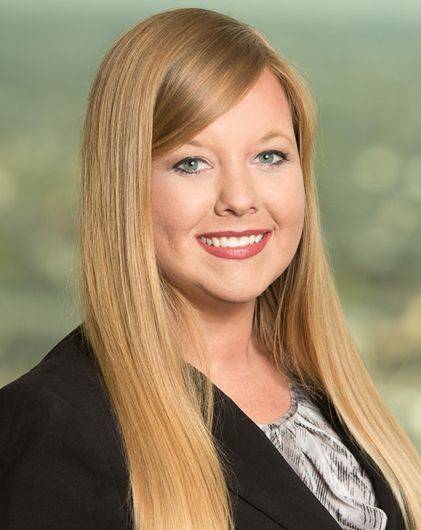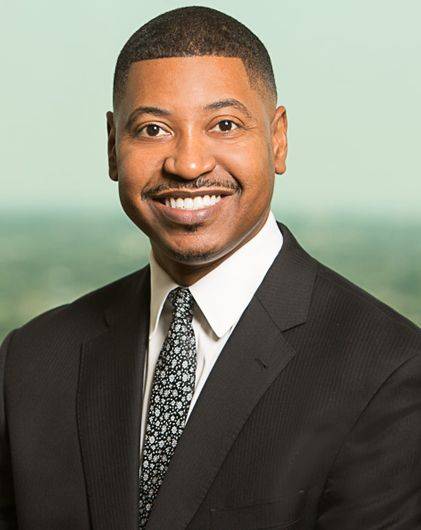An Ease on Restrictions for Foreign Medical Professionals Can Save Lives During the COVID-19 Crisis
With the rising number of confirmed COVID-19 cases in the United States, our country’s physician shortage has never been more apparent. Even before the onset of the COVID-19 outbreak, the United States has faced a long-term shortage of medical professionals. While one-fifth of our nation’s population resides in rural areas, fewer than 11 percent of doctors in the United States practice in those areas.1Accordingly, more than 20 million Americans live in areas that are federally designated as health professional shortage areas (HPSAs).2With rural areas already facing a physician shortage, they will be disproportionately affected by the impending upsurge of COVID-19 infections.
Over the past two months, President Donald Trump has made sweeping changes to the U.S. immigration system, including a series of travel bans, a pause on most routine visa services abroad, temporary USCIS office closures and a 60-day suspension of certain categories of immigration to help stop the spread of COVID-19. Although foreign medical professionals have been excluded from many of these changes, they continue to face challenges to work in the United States amid the COVID-19 crisis.
Foreign medical professionals outside of the United States:
Although most visa services have largely been suspended worldwide, the Department of State confirmed that U.S. embassies and consulates would continue to provide emergency and mission-critical visa services to the extent possible. Those medical professionals with an approved U.S. non-immigrant or immigrant visa petition or a certificate of eligibility in an approved exchange visitor program should review the website of their nearest U.S. embassy or consulate for procedures to request an emergency visa appointment. However, local government restrictions may limit the ability of some embassies/consulates to process emergency visas and/or may limit the applicant’s travel.
Foreign medical professionals already inside the United States:
Foreign medical graduates who choose to stay and work in the United States, after completing graduate medical training at American institutions, make up a critical part of the country’s supply of physicians. After completing medical residencies in the United States, most foreign doctors are required by law to return to their home countries for two years before they can return to the United States to work in medical facilities. In 1994, the U.S. Congress enacted legislation creating the Conrad 30 Waiver Program, which permits state health agencies to sponsor physicians each year for a waiver of the two-year home requirement based on their commitment to work in medically underserved communities. Currently, the number of waiver slots granted to each state is 30, and the program provides a path for states to designate up to 10 waivers per year for locations that are not actually designated as underserved but serve patients coming from underserved areas. However, 30 waivers are not nearly enough to meet the needs of our nation, particularly during a global pandemic. Five federal programs sponsor J-1 waivers for doctors, but processing times can be very lengthy.
Although U.S. Citizenship and Immigration Services (USCIS) temporarily suspended routine in-person services to help slow the spread of COVID-19, USCIS staff are continuing to perform duties that do not involve face-to-face contact with the public, including adjudicating non-immigrant (I-129) and immigrant (I-140) petitions. However, the wait time for approval on these petitions will take several months in most cases since USCIS announced the temporary suspension of premium processing on March 20. This suspension is detrimental to doctors who are seeking to commence work on temporary visas during this critical time.
Site-specificity for work authorization has also prevented many foreign medical professionals, particularly those holding H-1B or J-1 status, from transferring to different worksite locations. During a March 18 press briefing, Vice President Mike Pence announced a new HHS regulation that would permit physicians licensed in one state to respond to the pandemic in another state even if they are not yet licensed there. Many states have enacted emergency orders granting medical licenses to out of state physicians who are licensed in another state. However, this announcement does not provide relief to foreign medical professionals who are still bound by a USCIS precedent that requires an entirely new H-1B filing when an employer changes an employee’s worksite location.
Due to these immigration restrictions, health care providers are facing hurdles in their attempts to administer an adequate response at hospitals and facilities that are overwhelmed with COVID-19 patients or that are experiencing staff shortages due to quarantine requirements. USCIS has been strongly urged by numerous U.S. congressmen, immigration attorneys, medical associations and other stakeholders to ease the restrictions in place for foreign medical professionals so that they can get to the front lines and help relieve staffing shortages as soon as possible.
Please contact Brandon Davis, Laura Buck or Phelps’ Immigration and Labor and Employment teams if you have any questions or need compliance advice and guidance. For more information related to COVID-19, please also see Phelps’ COVID-19: Client Resource Portal.
[1] Georgetown University Health Policy Institute, “Rural and Urban Health,” (accessed April 29, 2020); https://hpi.georgetown.edu/rural/.
[2] Id.



